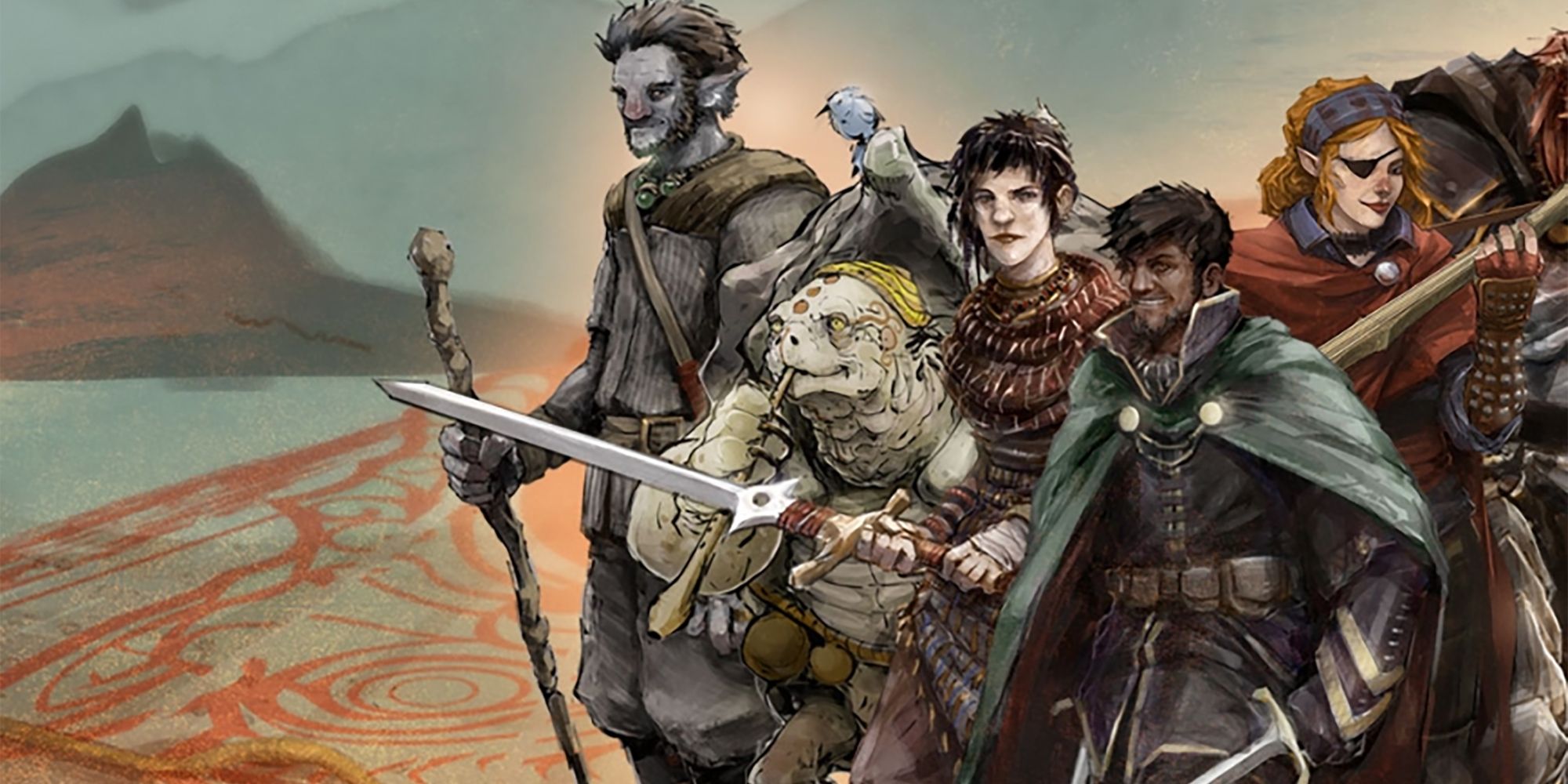
There are so many elements that come into play when forging a memorable Dungeons & Dragons campaign. At the top of that list are the incredible player characters that gather around the table for adventure. A lot of people mold and shape their character around the needs of the party, and while that's helpful to ensure everyone stays safe and alive throughout the campaign, it isn't always exactly the best guarantee for a satisfying personal experience.
Even if everyone does create characters with the party's needs in mind, there are ways to ensure that each player avatar in the game won't soon be forgotten. Elements like personal history and background choices are the cornerstone for building a memorable character that will be as exciting to play with as they are essential to the party's survival.
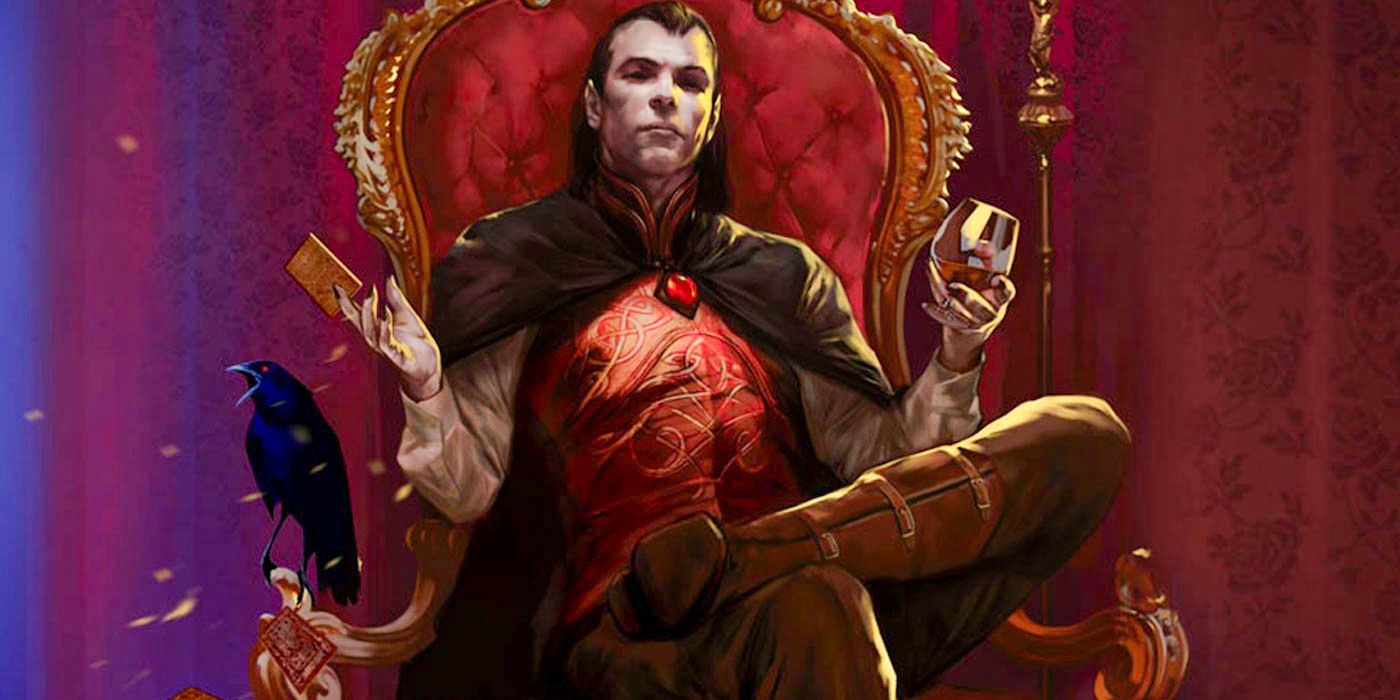
Is the character a knight or a lowly urchin who spent the sum of their days doing whatever it took to survive? Are they a noble who lost everything? An adventurer recovering some lost item that will grant them power? A character's background is about more than where they came from. It's the elements of their life that drive their motivations.
The Player's Handbook is a great leaping off point for intriguing backgrounds that provide insight into who the character once was, and they also grant useful tools and boons. Many of the game modules and source books also offer background choices to expand player horizons during character customization, often making them more useful for particular campaign settings. As leaping off points, the established backgrounds give players firm ground to stand on before they take their character to the next level with custom personality quirks. Backgrounds also drive a character's Ideals, Flaws, Bonds and Personality Traits.
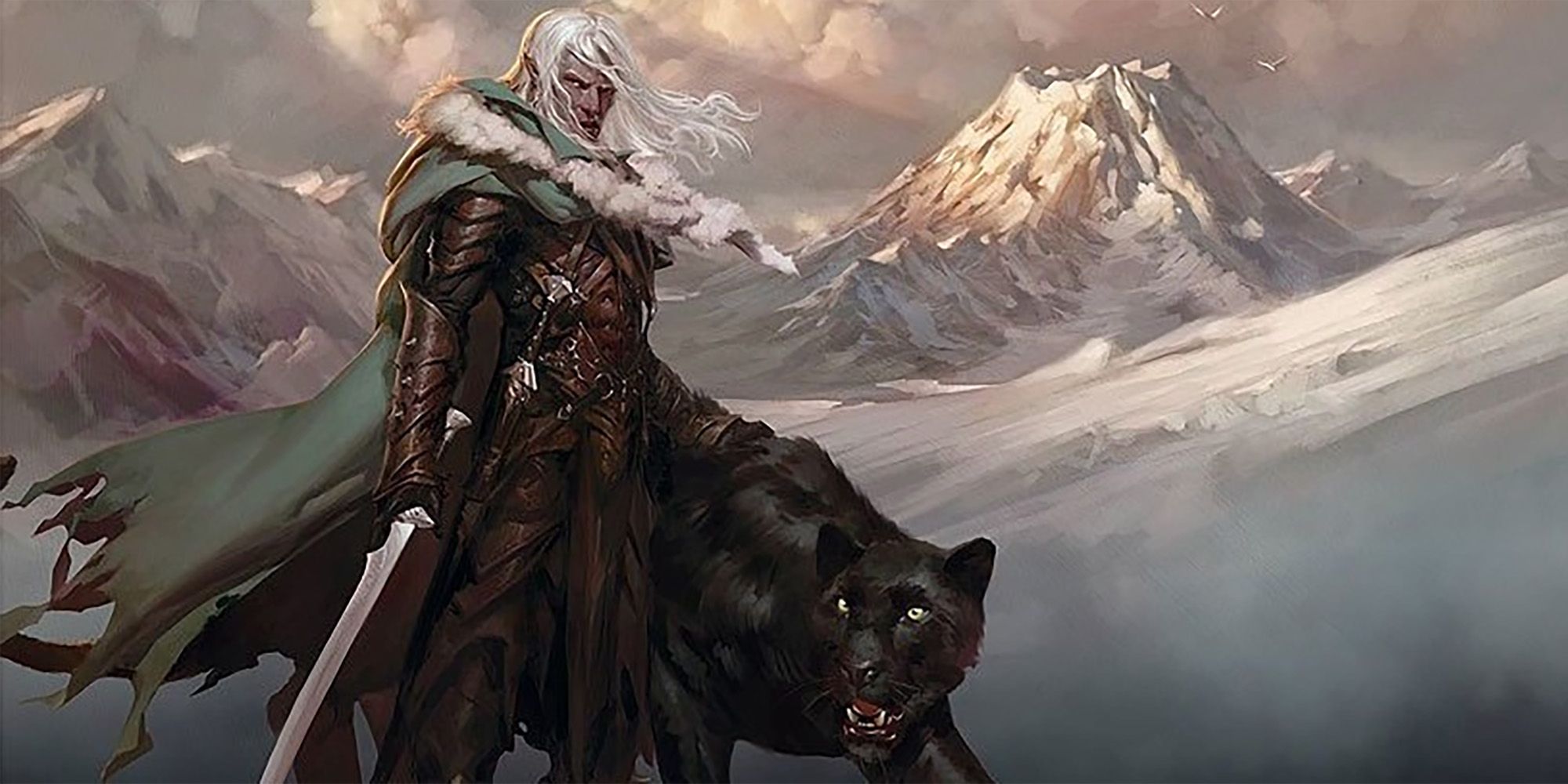
The alignment system in Dungeons & Dragons has long been a point of criticism, as it often throws characters and NPCs into predetermined moralities that can make them feel rigid. As the system evolved with 5e, the question of alignment became controversial. What makes someone Chaotic Good or Lawful Evil, and how do players and Dungeon Masters work with that?
People are driven by their ideals, no matter their alignment. So, it's a rare thing for someone to be completely incorruptible, just as it's difficult to find a person who is more evil than good. For instance, Drizzt Do'urden was born into a race considered to be Chaotic Evil at their very core, but he chose otherwise. Taking time to carefully consider a character's ideals, not just their alignment, determines who they become. Are there things they absolutely will not do, no matter the cost? What would happen if they found themselves in a situation where they didn't have a choice? How would they react and how would it change them?

Personality will determine not just how the character appears, but how they interact and get along with others. Asking questions during character creation about how their personality affects their hairstyle and fashion choices, as well as how they portray themselves in social situations, can go a long way toward developing an unforgettable persona.
Coupling this with their history and background will shape the way they talk, including their accent, which can contribute to the quirks of their personality. For example, the anime and manga character, Naruto Uzumaki, has multiple personality traits that make him stand out, including his trademark nonsense phrase "dattebayo" (or Believe it! in the English dubs). Determining a character's quirks and habits will help shape them into someone that the rest of the party, as well as the world's NPCs, won't soon forget.
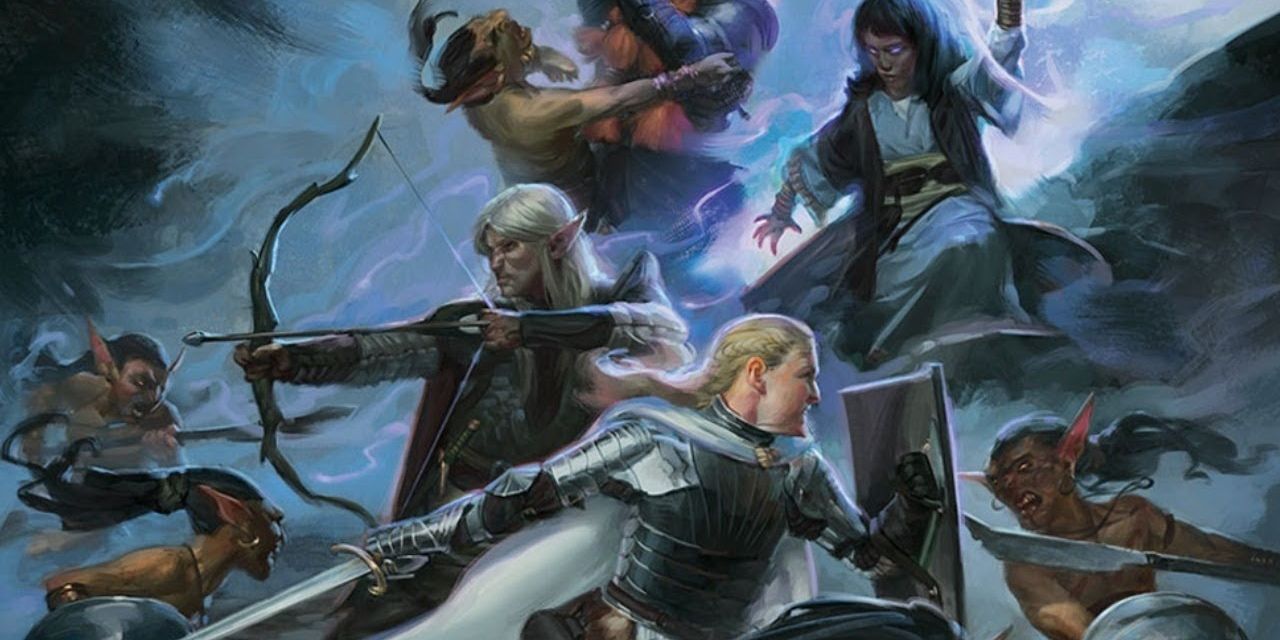
The bonds in life are some of the most influential characteristics people hold. Family, friends, mentors and even nemeses can shape a person in ways that define them. While fleshing out a background, it's important to consider how the character's life history was shaped by the bonds they made prior to their adventure.
How do those bonds drive the character's personal goals throughout the campaign? Have they established a precedent that molded the character's ideals, shaped their beliefs and personality? Are they fighting to prove themselves so they can reestablish those bonds, or perhaps form new ones to take the place of bonds lost?
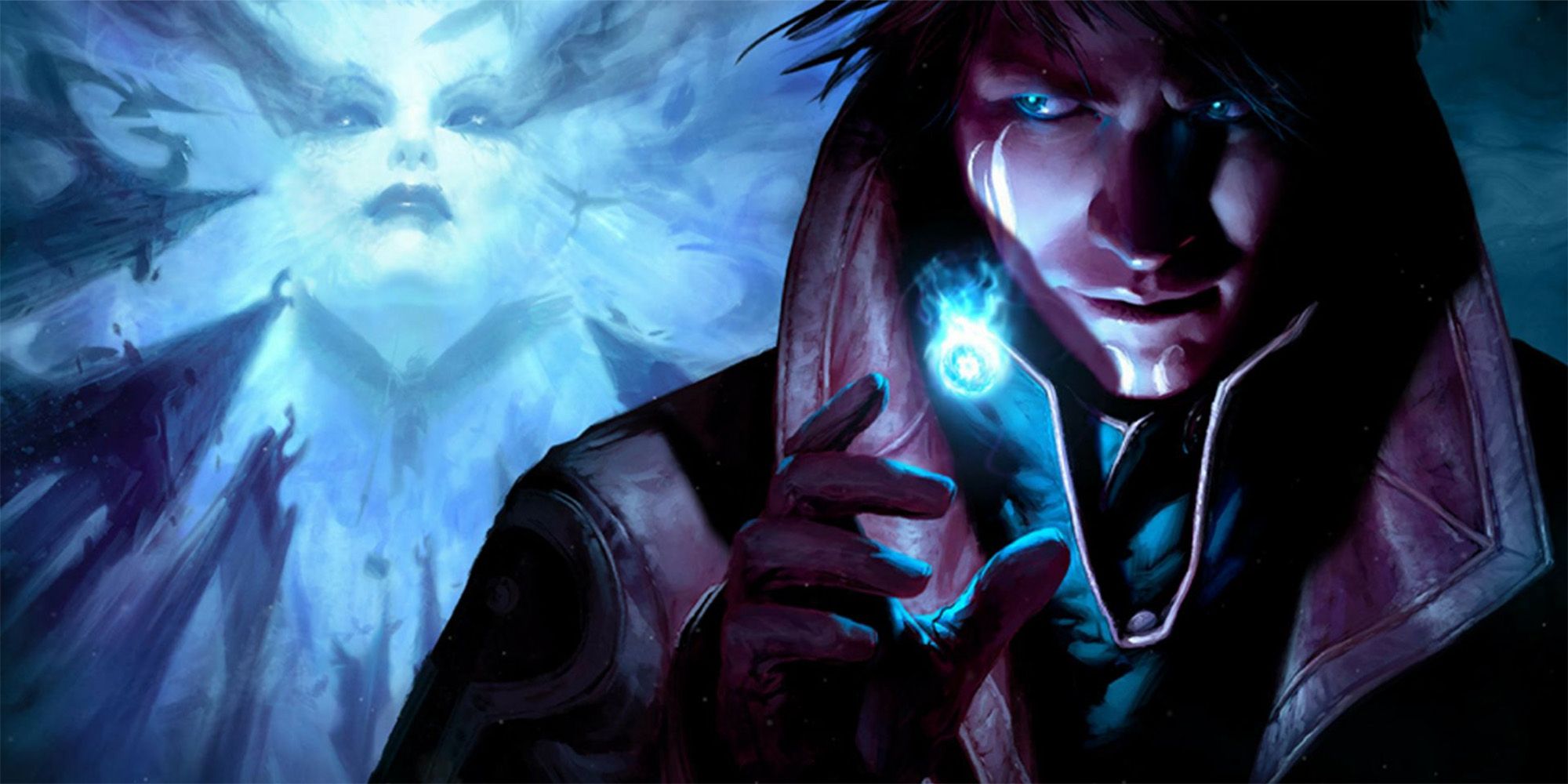
Nobody is perfect, and that lack of perfection everyone strives toward is often the catalyst for a character's greatest flaws and attributes. Whether the flaws are physical, mental or psychological, they play a major role in shaping who the character is. These background choices often offer a list of relevant detriments potentially shaped by the character's history, but choosing flaws can be so much more than that. Looking at where the character came from, who they are and what circumstances molded them into who they are can be fertile ground for some of the most outstanding and memorable flaws.
Did they watch a loved one die brutally, and the mere sight of blood makes them faint? Do certain smells trigger an emotional response that makes them inconsolably weepy? Taking the time to carefully consider these elements before adventuring promises that custom characters at the table won't be forgotten. They also become incredibly fun to play because of the time, energy and care poured into their creation. So, take time to really think about who that character is before launching them into adventure.
0 Comments